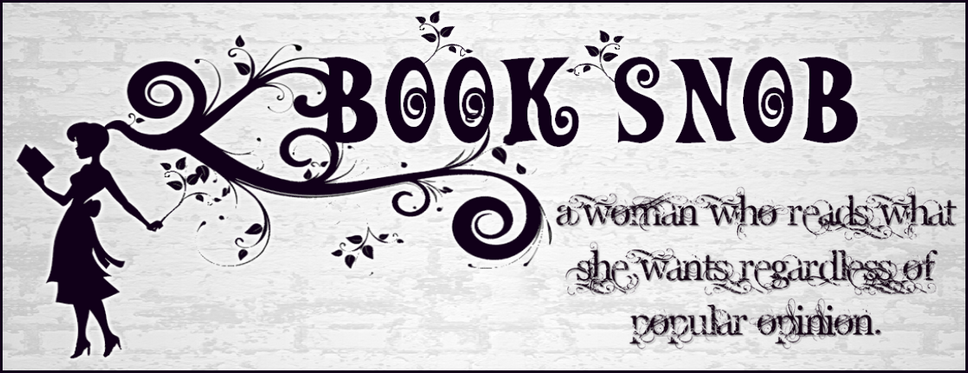
Su Smallen Guest Post + Giveaways
Su Smallen is the Minnesota Author in the Spotlight here on Booksnob for the month of February and she has written her first blog guest post and it is wonderful. READ ON!
Writing to Get a Grip
by Su Smallen
Recently, I visited the Rural America Writers Center in Plainview, Minnesota, and was asked, do I imagine an audience when I write. On the formal level, I do, but without knowing who my audience will really be. On the mysterious level—why I turn and return to writing rather than cooking or sculpting—I write to a better self, the one I wish to call forward, know better, be with more often. The self that knows how this will all turn out.
Maybe that’s why it is difficult to write now. I confessed to the Rural America Writers that I have not been able to write anything coherent since the election. Sometimes I avoid the page entirely. I am scared for the self that knows the future—she is much more than my future self, or yours, this self that knows the future of the earth and her every being. I am not convinced that any of my words can save the planet. They are not political reasoning, not rule of law; they do not step down an economy of oil, cocaine, and human trafficking.
 Poetry steps into an economy of notice and empathy. Maybe “an economy” is not the right fit with poetry, although the word does have in its roots “stewardship of the dwelling.” Poetry’s economy is a system that runs largely unseen and outside of the political environment, like so much else, like the cycles of carbon, hydrogen, and oxygen, like the cycles of kindness and civility. Against the annihilation of such “unseen,” my words are microscopic, meaning minuscule, and also microscopic, meaning magnifying enough to be seen.
Poetry steps into an economy of notice and empathy. Maybe “an economy” is not the right fit with poetry, although the word does have in its roots “stewardship of the dwelling.” Poetry’s economy is a system that runs largely unseen and outside of the political environment, like so much else, like the cycles of carbon, hydrogen, and oxygen, like the cycles of kindness and civility. Against the annihilation of such “unseen,” my words are microscopic, meaning minuscule, and also microscopic, meaning magnifying enough to be seen.What should be seen? Who? We are too many people; we can’t agree, can’t collectively prioritize—no one wants to be left for later. What if there is no later? Our dissonance is jamming clarity. I feel this inhibiting tension inside and out. It feels like receiving all 44,000 radio stations without a selecting tuner.
But writing microscopically, on a private scale, builds for my receiver a tuner. Word by word the tuner tunes as I trust the paper and the ink, as I trust the shapes we have agreed to for letters that make comprehensible code, scalable code. What can a particular moment hold? Or three breaths? Think what four letters can hold: hood, rain, wren, ruin, fuse, port, soil, grip.
Grip holds in its etymology “handful, sheaf.” Sheaves of paper. “Get a grip,” Deborah Keenan says
when writers stall.
I forgot how Carolyn Bizien, one of the Rural America Writers, phrased her question with exacting beauty. Do your poems hold your past for you, do they help you now, was that the gist of her question? It led to my confessing a recent rough spell, during which my poems kept a grip on me, gave my words back when I needed them, with accumulated meaning. Which is how all poems work, when they work. Poems work similarly to your patient spouse who suggests and hints and states outright a hundred times until one day you say, I have an idea, and it was hers all along.
Does poetry still matter in these times? The Rural Arts Writers assured me it is, by their words and their presence. Each writer that night had come for miles—30, 50, 60 miles—to pay attention. Their receptiveness, each attendant a tuner, assured me. As I have been writing this small essay, my breath has deepened and steadied. Unhelpful thoughts moved aside. The secret 3am bird sang and fell silent. There is more room in the room.
Thanks Su!
If you would like to win a copy of one of Su's wonderful poetry books please enter here:
Kinds of Snow Giveaway
You This Close Giveaway


